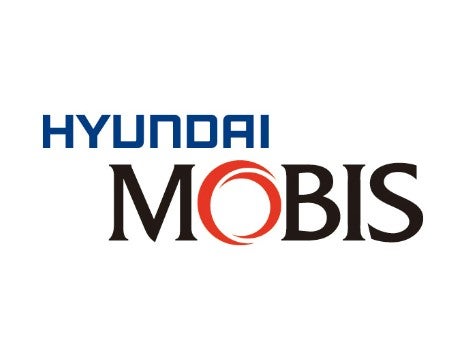
In the originally published article (3 January 2024), it was stated that Hyundai Mobis is partnering with the US Marine Corps on this tech – it is in fact the South Korean Marine Corps.

Discover B2B Marketing That Performs
Combine business intelligence and editorial excellence to reach engaged professionals across 36 leading media platforms.
Hyundai Mobis has announced the implementation of ‘vehicle healthcare technology’ in the Korean Marine Corps amphibious assault vehicles. It says the technology is expected to alleviate motion sickness for marines traversing rough terrains from sea to land, enhancing combat performance.
The parts supplier points out that global automakers have been accelerating the development of technologies to enhance passenger comfort. Last year, Hyundai Mobis developed the ‘Smart Cabin Controller,’ analysing a driver’s posture, heart rate, and brainwaves to prevent drowsiness, stress, and motion sickness.
The collaboration with the Marine Corps is expected to further advance motion sickness reduction technology to help marines traverse challenging terrains and withstand other harsh conditions.
This marks the first application of Hyundai Mobis’s motion sickness reduction technology in the broader mobility sector beyond conventional vehicles. Its introduction is anticipated to expand into defence, maritime, and aviation transportation.
Motion sickness generally occurs when there is a discrepancy between what the eyes see and what the body feels regarding movement direction – for example, looking sideways in a moving vehicle while the body senses forward motion. This is also why seats facing the opposite direction on a train are less preferred.
Hyundai Mobis’ motion sickness reduction technology integrates autonomous driving with passenger cognitive technologies. Especially the latter involves real-time monitoring of posture, heart rate, and brainwaves using sensors. Based on this biometric data, simulating the senses of sight, hearing, smell, and touch can minimize motion sickness. Hyundai Mobis confirmed that this technology can prevent motion sickness by up to 70% and reduce the symptoms by 40%.
Hyundai Mobis will provide the Marine Corps with an integrated motion sickness reduction solution tailored for harsh environments, combining hardware and software. The solution includes movement-analysis sensors, environmental perception sensors, and control solutions. It also features displays allowing passengers to easily view travel information (visual) and climate control modules that stabilize passengers with cool air (tactile).
Hyundai Mobis plans to operate this technology in amphibious assault vehicles and, in collaboration with the Marine Corps, gather key data by the first half of 2024. The company aims to deploy it in combat training and systematically analyze motion sickness-inducing factors to enhance the technology’s efficacy.






